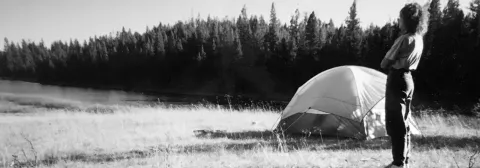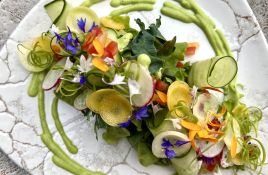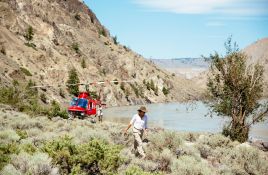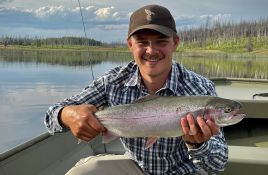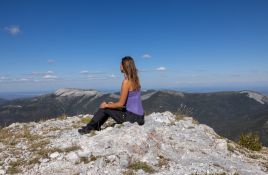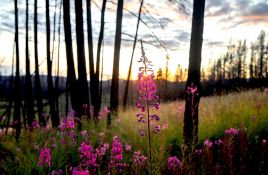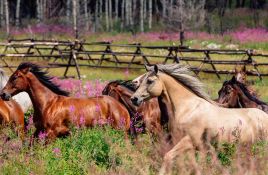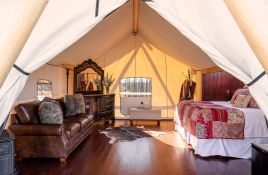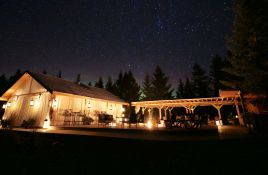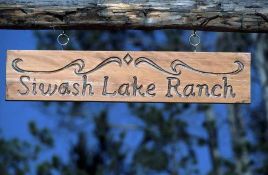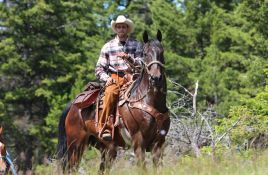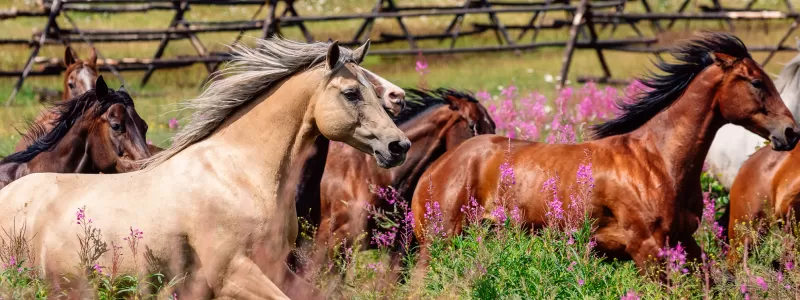'Siwash' Definition & Meaning: Honouring Chinook Language
Siwash, pronounced 'Sigh wash', is a word derived from the Chinook Jargon, a bridge language created on the Pacific Northwest frontier during the Gold Rush years in the late 1800's, early 1900's, for trading between Indigenous and European peoples.The noun Siwash is the Chinook word for an Indigenous person, and hearkens back to an era in Canada when the word Indian was frequently used. Since then, the words used to name North America’s first peoples have been constantly evolving. In Canada, these have changed from Indian and Siwash, to Aboriginal, and then to First Nations. Today, Indigenous is often the preferred term.
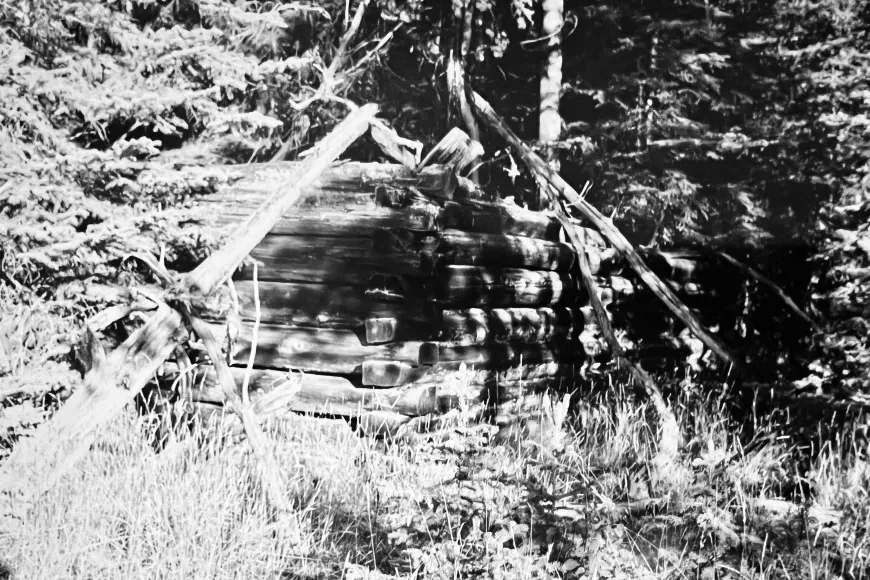
Etymology of the Chinook word 'siwash' has it evolving from the french word 'sauvage', which means 'wild' when translated into english. Used as a verb, it means to travel swiftly and lightly, camping without a tent, exploring the land while hunting and gathering as an Indigenous person would have done many years ago.
A fellow named W. Douglas Burden described it nicely in his book, Look to the Wilderness, written about his adventures in the wild during the 1920's and 1930's: “Siwashing is the only way to travel in the hills, but I began to realize that it automatically involves a contest in toughness... ‘siwashing’ is to camp with nothing but rifle, fry pan, tea pail, salt, tea, and a little sourdough. Siwashing releases you from the necessity of returning to any fixed campsite. You are free to go where you please, to move as the spirit moves you".
As an adjective, siwash means 'one who lives freely with nature'. This, in particular, best defines today's spirit of exploration here at Siwash Lake Wilderness Resort and Ranch.
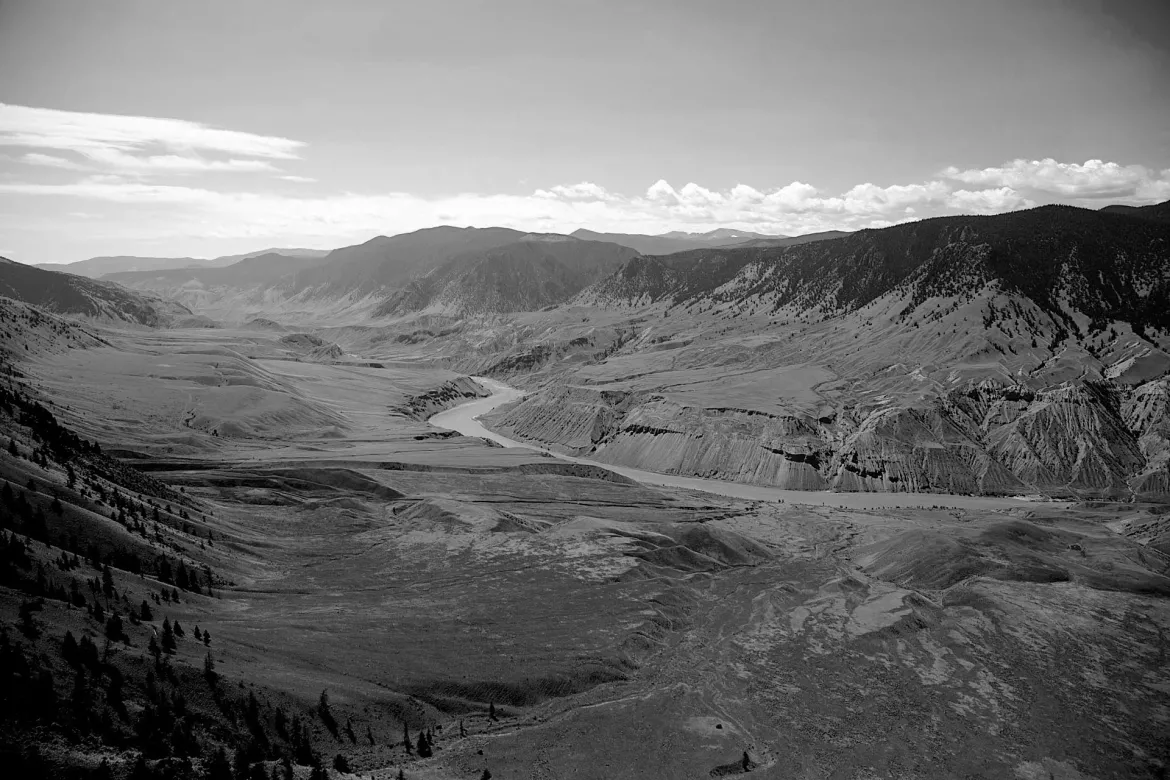
Indigenous & Cowboy Culture at Siwash Lake
Siwash Lake is located in a rugged and remote region of the spectacular Bonaparte Plateau, perched atop the greater Fraser Plateau. Set amid the interior foothills of the Marble, Cariboo, and Coastal mountain ranges of British Columbia, these vast plateaus are full of natural beauty, history, culture, and endless adventures. The guardians of this land, the Indigenous peoples of the area, are the Secwepemc (Shuswap) First Nation — self-governing, prosperous communities guided by their unified values, language and culture. Siwash Lake is within the un-ceded territories of several Secwepemc communities:
- St'uxwtews - Bonaparte Indigenous community
- Llenlleney'ten - High Bar Indigenous community
- Skeetchestn - Skeetchestn Indigenous community
- Stswecem'c Xgat'tem - Canoe Creek/Dog Creek Indigenous community
- Pellt'iq't - Whispering Pines Clinton Indigenous community
- Ts'kw'aylaxw - Pavilion Indigenous community
- Ts'qescenemc - Canim Lake Indigenous community
- Tk'umlúps te Secwepemc - Kamloops Indigenous community
For more than 12,000 years, the Secwepemcùl'ecw (lands of the Shuswap) have been traditional grounds for these nomadic peoples, who would spend time in the area around Siwash Lake while hunting, fishing, and gathering plants for food, medicinal, spiritual and ceremonial use.
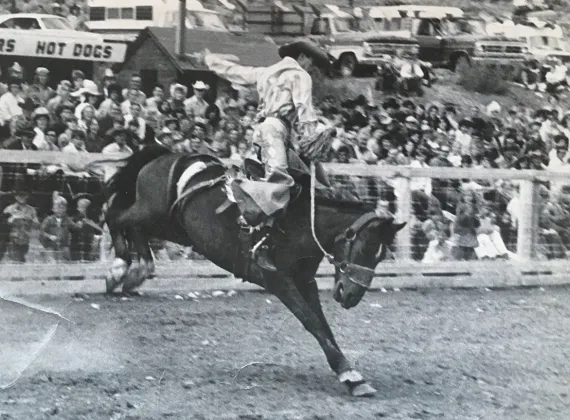
Many small frontier settlements, which sprung up along the trail to the goldfields, were built by cowboys and adventurers from around the world. Thus began the Cariboo's iconic ranch and rodeo heritage.
These days, a trip to the Cariboo and Siwash Lake follows routes carved from raw wilderness by all those who went before.
The town of 70 Mile House is gateway to Siwash Lake. '70 Mile' was originally a stage coach stop and road house located directly on the historic Cariboo Gold Rush Trail, which was the main track up to the gold fields. The town of Lillooet, on British Columbia's mighty Fraser River, is 'Mile 0' and 70 Mile House is literally 70 miles along the old trail from Lillooet.
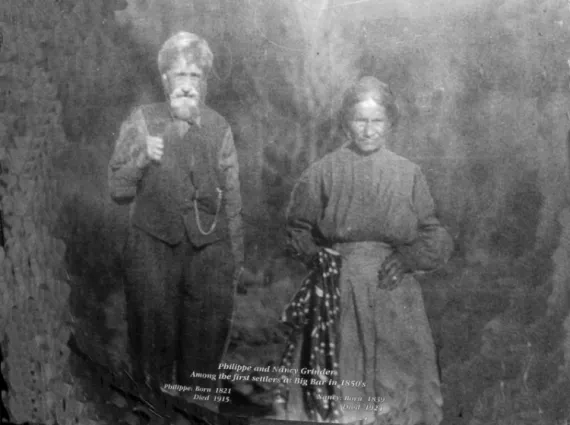
Every summer, Secwepemc peoples gather to dip-net salmon from the turbulent waters. The fish are filleted and hung on covered racks to dry in the warm winds.
A journey to this remote swathe of the Fraser Canyon near Siwash Lake showcases Indigenous traditions. It also explores the rich history of the Gold Rush years in BC.
Many Europeans who were introduced to the area during the Gold Rush stayed for ranching, logging and trapping, during the mid-late 1800's and early 1900's.
It was seventy-five years later, when a young woman from Vancouver found Siwash Lake while seeking more meaning and adventure in her life.
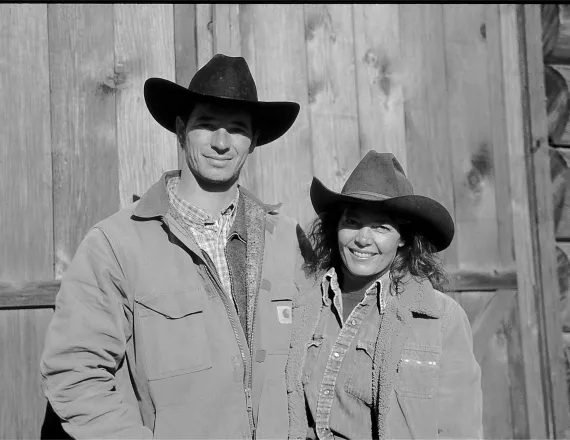
Awhile later, she met the love of her life at a local rodeo. He was an expert woodsman and member of the Esk'etemc Indigenous community, who grew up on a ranch along the banks of the Fraser River.
They became a dynamic duo as modern day pioneers at Siwash Lake.
The goal was to develop authentic, nature-based adventure experiences that would be in complete harmony with the surrounding land, and to share the wonders of it all with like-minded people from all around the globe.
Together they raised two children while building a world-class hospitality business at Siwash Lake.
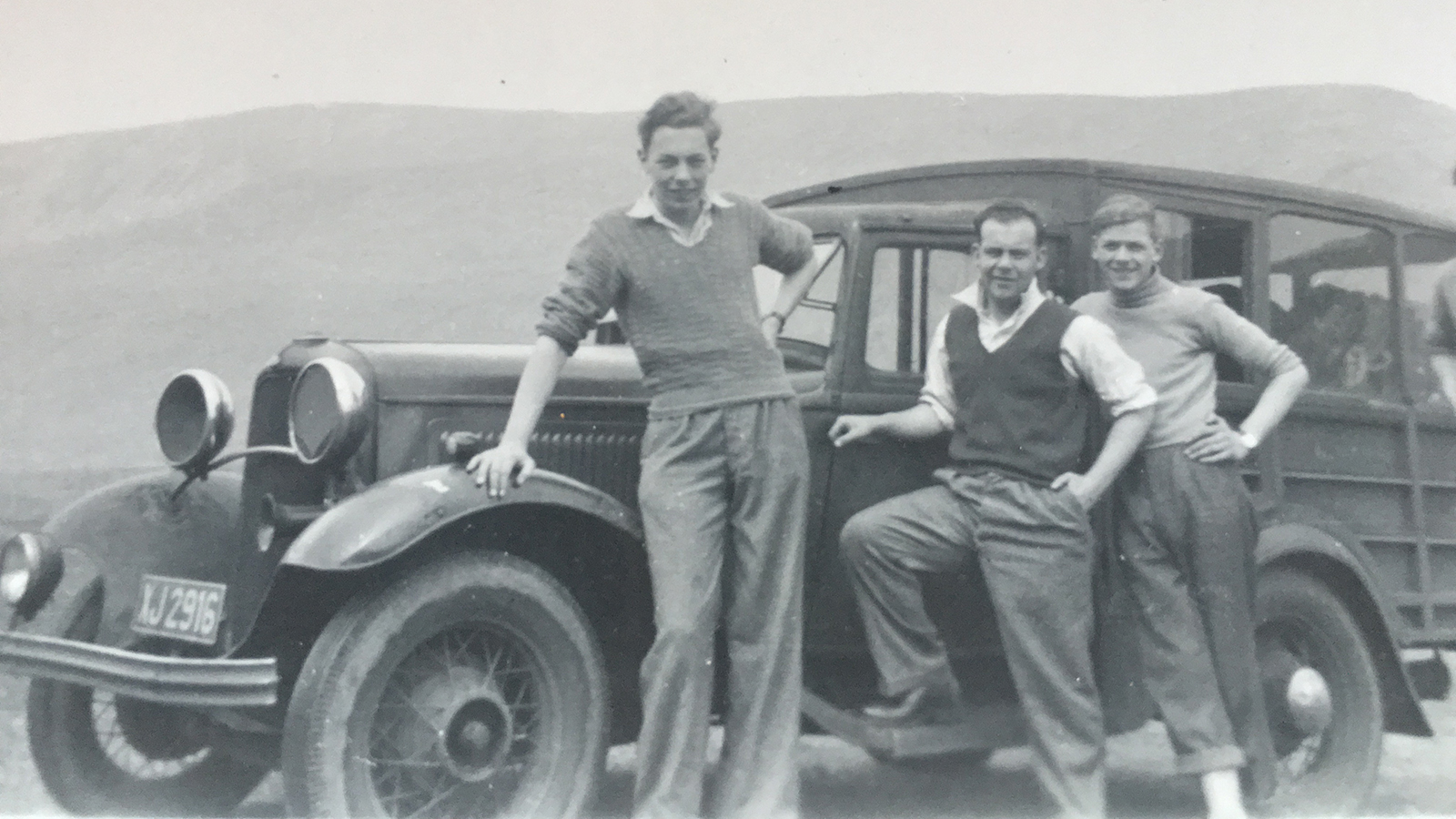
Honouring our HeritageAs fourth generation ranchers, adventurers and outdoor enthusiasts, the founders at Siwash Lake were inspired and guided by their ancestors—family members who were Indigenous people and European emigrants—cowboys, farmers, and mountaineers. Everything about the place at Siwash Lake bears homage to these hardy folk and their deep connection to the land. The Legacy of Siwash Lake celebrates the wonders of Nature alongside their ever-bearing perseverance and passion for living in the wild. |


